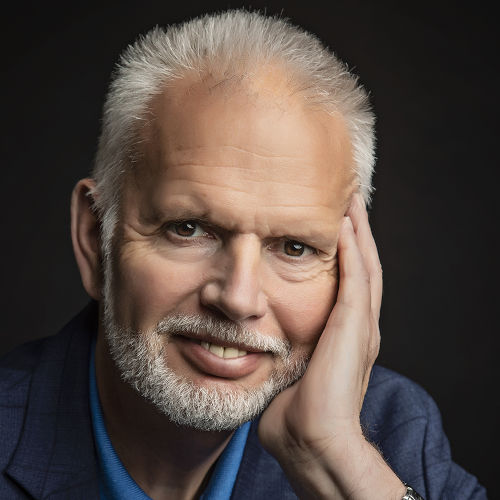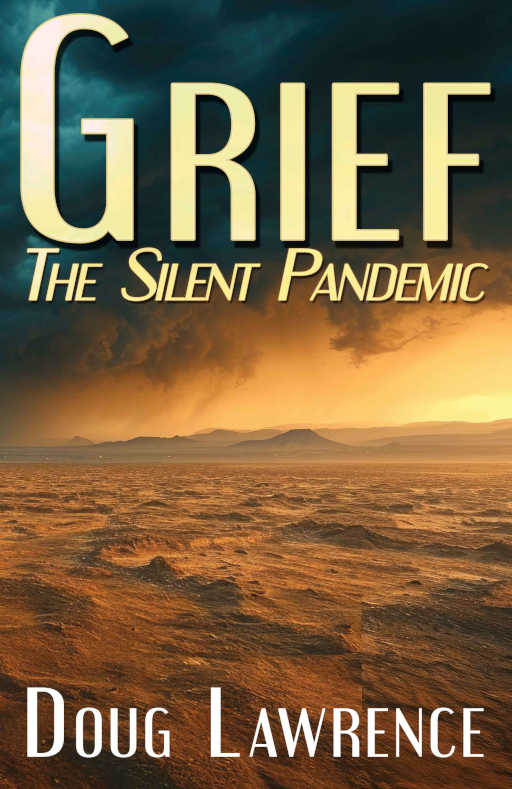Storytelling isn’t just for stories anymore
 The art of storytelling can make any message more impactful, whether you’re writing a novel, giving advice, or simply sharing your life experiences.
The art of storytelling can make any message more impactful, whether you’re writing a novel, giving advice, or simply sharing your life experiences.
by Doug Lawrence
Inside every author is a story. Inside every author, there may be numerous stories, each story linked to the other in some way, shape, or form. Translating that story into something that can be shared with many is the challenge that we as authors face. Is it our story, or are we telling someone else’s story as a result of something that happened?
 Telling a story is an art that has been in existence for many years. Some of the greatest storytellers are the indigenous elders who weave into their stories messages of who, what, why, and how. It is important as a storyteller to have a message that you wish to share and a journey that you want your listeners or readers to appreciate.
Telling a story is an art that has been in existence for many years. Some of the greatest storytellers are the indigenous elders who weave into their stories messages of who, what, why, and how. It is important as a storyteller to have a message that you wish to share and a journey that you want your listeners or readers to appreciate.
I use storytelling as a way to share my healing journey in a way that may be of value to others. The same can be said for authors who want to share their stories with readers.
Storytelling is a technique that can be used in various forms. My personal experience is to use the technique when I am telling a story verbally. I determine who the story is about and what the message is that I want to deliver.
Books & Buzz Magazine is where writing pros spill their secrets! Subscribe now for free
One of the topics I am able to tell stories about is mental health. That by itself is a large topic, so I am able to break it down into more than one story. My approach is to determine who it is about, what my message is, the outcomes I’m working toward, and whether I see this expanding into other areas. An example of this might be mental health with a focus on post-traumatic stress. Depending on the outcomes, it may also include grief. There could be stories regarding depression, as another example.
We love a story that has a core message. Stories that make people feel better about themselves, or feel inspired, are likely to be shared more as well.
Whether you’re writing a news piece, a blog post, or a podcast script, storytelling can make your message more impactful.
We want to grab the reader’s attention right at the beginning. When we have their attention, the story starts to become relatable. When they can see themselves as a part of your story, or they have experienced something similar, this is a good example of storytelling.
What will also help is the use of descriptive examples. I tell a story where I am in a vehicle traveling down a gravel road in -40° weather in the middle of winter. I can add more descriptive terminology, if need be, in order to make it more realistic.
The more authentic you can be and can make the story, the stronger the connection for the reader. The more you do, the greater your credibility and the stronger your following.
Storytelling can be used in podcasts, books, and articles. The most engaging articles often incorporate storytelling elements. For example:
- A news article could start with a personal anecdote to humanize an issue.
- A how-to guide could include a mini-narrative about someone using the advice.
- A feature article could be structured like a story, with suspense and character development.
Whether you’re writing a news piece, a blog post, or a podcast script, storytelling can make your message more impactful.
 Doug Lawrence is an international bestselling author and founder of TalentC®. He is an International Certified Mentor and the only one to hold the Certificate of Practice – Journey Mentor in the world today. Doug has over thirty years of mentoring and leadership experience and is recognized as a thought leader in the mentoring space. Doug authored the book The Gift of Mentoring, and his second book, You Are Not Alone, became an Amazon #1 Bestseller in North America and the UK and is a Bronze Medal recipient in the Global Book Awards. Doug has been on 150 podcasts in the past year on the topics of mentoring, mental health, and grief, and his mentoring practice continues to grow.
Doug Lawrence is an international bestselling author and founder of TalentC®. He is an International Certified Mentor and the only one to hold the Certificate of Practice – Journey Mentor in the world today. Doug has over thirty years of mentoring and leadership experience and is recognized as a thought leader in the mentoring space. Doug authored the book The Gift of Mentoring, and his second book, You Are Not Alone, became an Amazon #1 Bestseller in North America and the UK and is a Bronze Medal recipient in the Global Book Awards. Doug has been on 150 podcasts in the past year on the topics of mentoring, mental health, and grief, and his mentoring practice continues to grow.